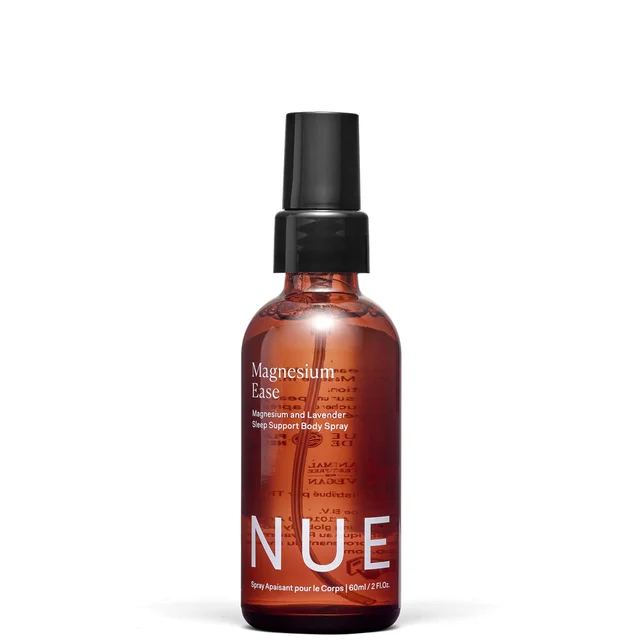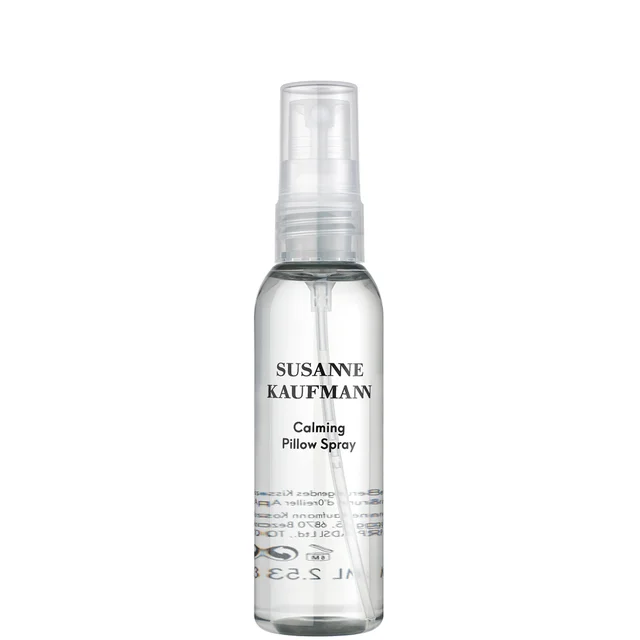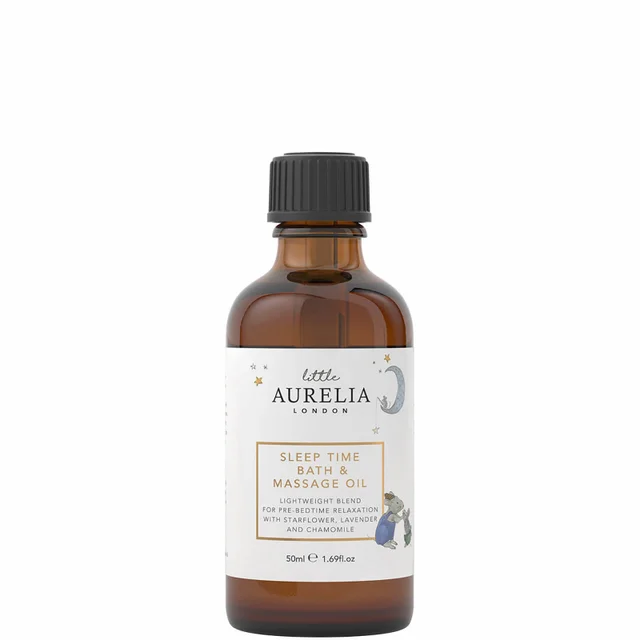Imagine this: You’ve had a long week, it’s raining, and all you want to do is stay in and catch up on your latest series. What do you do? Slip into some comfortable clothing (read: pyjamas) and indulge in a duvet day – otherwise known as bed rotting.
Yes, there’s actually a term for those lazy days where you just want to do nothing. Popularised on TikTok, bed rotting has become a viral trend with many influencers sharing their bed rotting routine (spoiler alert: it involves several scented candles, hydrating face masks and plenty of snacks).
While we live in a time burnout is a thing and our wellbeing comes first, the trend has sparked various conversations about if bed rotting is seen as self care or selfdeprecation. With that in mind, we caught up with Dr Deborah Lee, from Dr Fox Online Pharmacy, to understand what bed rotting is and the impact it has on our sleep.
WHAT IS BED ROTTING
Ok, the act of bed rotting may not be new per se, but the fact we can now name it certainly is! In short, it refers to spending extended periods of time in bed engaging in various activities – we’re talking everything from scrolling through social media to binging Netflix series and of course, napping. “Bed rotting is defined as a Gen Z term for staying in bed for say, bingeing on Netflix, Tik Tok and Hinge.” Says Dr Deborah Lee. Seen as the latest self care session, it allows for some much-needed downtime to unwind, relax and reset.
WHY IS BED ROTTING TRENDING
“There's no doubt bed rotting is common. At the end of 2023, there were over 32 million posts on TikTok about the trend. It's particularly common in the those currently aged 12 to 27, who are perhaps suffering from burnout from school, home, work or their social lives.” explains Dr Deborah Lee. But, with a year-on-year increase of over 23,000 Google searches per month, why is it having a moment? “There’s enormous pressure on young people regarding their future, including financial worries regarding course funding and university fees. Young parents are suffering from the huge costs of childcare. The cost-of-living crisis has put pressure on everyone so people may feel a great temptation to get into bed and shut it all out under the duvet.” Dr Deborah Lee adds.
WHAT ARE THE EFFECTS OF BED ROTTING
While initially bed rotting may provide a temporary whimsical escape from the demands of daily life, like many trends it comes with its very own pros and cons list. The pros… it’s the prime time to relax and recharge, allowing you to priorities your wellness by fully switching off and having some me time. “Getting into bed during the day gives a good opportunity to rest or take a short nap, and it can be restorative, to have time out from stress.” says Dr Deborah Lee.
The cons? Bed rotting has the potential to lead to a sedentary lifestyle (by this we mean, becoming less active). “Sleeping for nine hours or more in 24 hours (whether that be at night or when napping) is called hypersomnia. Just like sleep deprivation, hypersomnia can also be harmful to our overall health as it’s linked to raised levels of chronic inflammation in the body and an underactive immune system.” clarifies Dr Deborah Lee.
Bed rotting during the day can also confuse your body clock – as come the evening it will be trying to figure out if you want to fall asleep, or bed rot. “Your body needs to know that getting into bed means going to sleep. If you get into bed to do other things, it gets confused, and this can translate into difficulty getting to sleep at nighttime and staying asleep” says Dr Deborah Lee.
HOW WE CAN IMPROVE OUR SLEEP TO ALLOW TIME FOR BED ROTTING
For many, sleeping more in the day compensates for poor sleep at night. So, what can we do to ensure we are getting the hours we need to avoid over napping? Dr Deborah Lee shares her advice below…
1. Get yourself into a good sleep routine
“Your body responds best to a fixed sleep routine. Ideally, set a bedtime and a getting-up time and stick to these as much as possible. We all need seven hours of good quality sleep per night, so make sure you set your going to sleep and getting up time accordingly. We need to sleep in tune with our Circadian rhythms – the natural body clock. You should naturally feel sleepy later in the evening when it is dark and wake up early in the morning when the sun is up.”
2. Keep active during the day
“Make sure you exercise every day but preferably early in the day – not close to bedtime. Don’t exercise vigorously within one hour of bedtime. Gentle exercises such as stretching, and yoga are fine.”
3. Turn off screens at least two hours before you want to sleep
“Melanopsin is the pigment at the back of the eye that detects light. It’s particularly sensitive to blue light which has a shorter wavelength than other types of light. When blue light is detected, this switches off the production of the sleep hormone, melatonin. Blue light is emitted by all types of electronic devices – TVs, computers, iPads and smartphones. These devices should be turned off two hours before you try to sleep.”
4. Bathe before bed
“Have a warm bath or shower. The warmth helps relax you, but the body cools after a bath or a shower and it’s this lowering of body temperature that’s needed to trigger sleep.”
5. Lather in lavender
“In a recent 2022 systematic review and meta-analysis of 20 studies, 14 showed positive outcomes on sleep from the use of lavender essential oil. Lavender stimulates the GABA system (the body’s main inhibitory system), causing pleasurable feelings of rest and relaxation. A few drops of lavender essential oil can be applied to the brow, or added to an aromatherapy diffuser, or made into a pillow spray. It can also be added to bath water, or to an eye mask too.”
6. Manage your magnesium levels
“Magnesium has positive benefits on sleep as it can lower levels of the stress hormone, cortisol. It too stimulates the GABA system promoting feelings of relaxation. While magnesium is found in green leafy vegetables, whole grains, seeds and nuts, it can also be taken as a sleep supplement. The maximum dose for adults is 350 mg per day.”
TO CONCLUDE…
Bed rotting doesn’t have to be a bad thing – and is sometimes the perfect antidote to the outside world. But the key to keeping it healthy is to strike the right balance, and to understand the difference between rest and sleep.
SHOP ALL WELLBEING >>>SHOP ALL SLEEP AIDS >>> 















